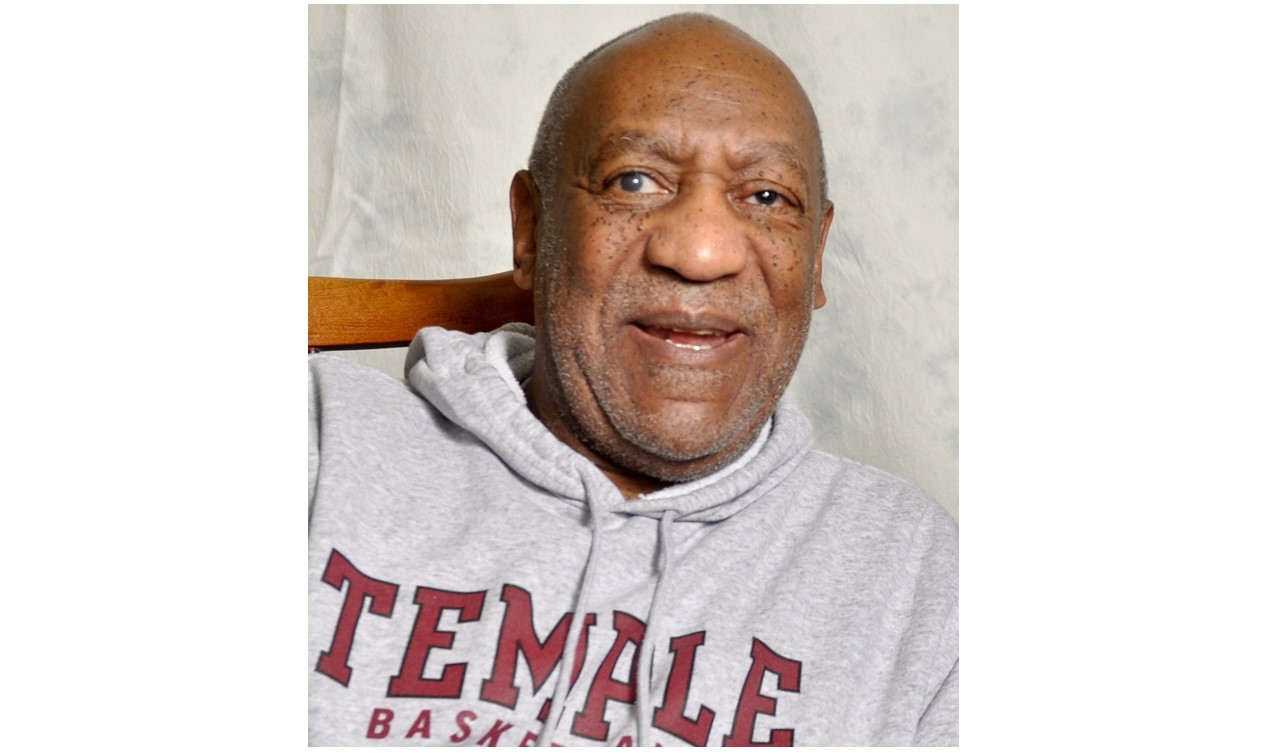Marguerite Jackson, an academic adviser at Temple University, took the witness stand after a judge overruled prosecutors and said she could tell her story to the jury.
The chief accuser at Bill Cosby’s sexual assault retrial talked about framing a celebrity before going to police with her allegations in 2005, a key defense witness testified Wednesday as the TV star’s lawyers began putting on their case.
Marguerite Jackson, an academic adviser at Temple University, took the witness stand after a judge overruled prosecutors and said she could tell her story to the jury.
Jackson said Andrea Constand spoke of the plot while they were rooming together on a road trip to Rhode Island with the Temple University women’s basketball team, where Constand was working as operations director.
After watching a TV news report about a celebrity who had been accused of sexual assault, Jackson said Constand told her: “Oh, wow, something similar happened to me.” Constand said she never reported the assault because her assailant was a “high-profile person” and she knew she couldn’t prove it, Jackson testified.
Jackson said she encouraged Constand to report it. She told jurors that Constand then switched gears, saying, “No, it didn’t, but I could say it did. I could say it happened, get that money. I could quit my job. I could go back to school. I could open up a business.”
Jackson said the conversation happened Feb. 1, 2004, a few weeks after Constand says Cosby drugged and molested her at his suburban Philadelphia home. The defense hoped Jackson’s testimony would bolster Cosby’s efforts to show Constand fabricated the allegations against him to extort a big civil settlement. Cosby paid Jackson nearly $3.4 million in 2006.
Constand testified Monday she didn’t “recall ever having a conversation with” Jackson.
Prosecutors wound down their case earlier Wednesday, introducing the comedian’s explosive testimony about giving Quaaludes to women before sex — an old admission that’s taken on new significance after a half-dozen women testified that Cosby drugged and violated them.
A police detective read a transcript of the 2005 testimony as prosecutors saved for the very end of their case Cosby’s own words about using the 1970s party drug “the same as a person would say, ‘Have a drink.'”
Cosby, now 80, is being retried on charges he drugged and molested Constand at his suburban Philadelphia home. He says their encounter was consensual.
Cosby was deposed in 2005 and 2006 after Constand filed suit against him. The deposition was hidden from public view until 2015, when the Associated Press petitioned to have it unsealed, leading prosecutors to reopen the criminal case.
Jurors at Cosby’s first trial last year also heard excerpts from the deposition but deadlocked on sexual assault charges.
In a transcript read to the jury Wednesday, the Cosby Show star said he obtained seven prescriptions for Quaaludes from his doctor in Los Angeles in the 1970s, ostensibly for a sore back, but added he didn’t use them himself because they made him tired.
“Quaaludes happen to be the drug that kids, young people were using to party with, and there were times when I wanted to have them just in case,” Cosby testified, according to the transcript.
The sedative was banned in the U.S. in 1982, the same year one of the women who testified, Janice Baker-Kinney, alleges Cosby knocked her out with pills she suspected to be Quaaludes and then raped her.
Cosby’s lawyers sought Wednesday to minimize the importance of his Quaaludes testimony. Defense attorney Kathleen Bliss underscored that most of that testimony pertained to the 1970s, and a police detective acknowledged during cross-examination that authorities didn’t find Quaaludes in a search of Cosby’s home after Constand went to police.
Prosecutors also unleashed other passages from Cosby’s graphic deposition, including his accounts of purported sexual encounters with Constand and how he apologized to her mother a year later for being “a dirty old man with a young girl.”
They used another of Cosby’s statements, one he gave to police in 2005, to show how he described the encounter for which he is facing aggravated indecent assault charges that could send him to prison for years.
Cosby said he gave Constand one and a half tablets of the cold and allergy medicine Benadryl to help her relax, then fondled her breasts and genitals, according to a police transcript that jurors heard Tuesday.
He said Constand never told him to stop.
Constand said Cosby knocked her out with the pills and then sexually assaulted her, penetrating her with his fingers and guiding her hand to his penis.
Before jurors began hearing Cosby’s testimony about Quaaludes, prosecutors on Wednesday called to the witness stand Judith Regan, who published Cosby accuser Janice Dickinson’s memoir.
Regan testified the model told her she was drugged and raped by Cosby and was insistent that the story be included in her 2002 memoir, No Lifeguard on Duty. She told jurors that Dickinson was upset the company’s legal department wouldn’t let them print such an explosive story without a corroborating witness.
Dickinson testified last week that Cosby raped her at a Lake Tahoe, Nevada, hotel in 1982 while she was immobilized after taking a blue pill he claimed would help her with menstrual cramps.
The book contained a highly sanitized version of the encounter, with no sex at all.
Regan testified that she believed Dickinson’s allegations were credible, but that her account was “modified to deal with this issue without any legal problems.”
Regan said in a sworn statement to prosecutors that she felt she had a duty to publish the truth. On the stand, she explained: “The truth in this case, with this particular incident, was something that we required her to remove from the book.”
The Associated Press doesn’t typically identify people who say they’re victims of sexual assault unless they grant permission, which Constand and Dickinson have done.
Source: The Hollywood Reporter


